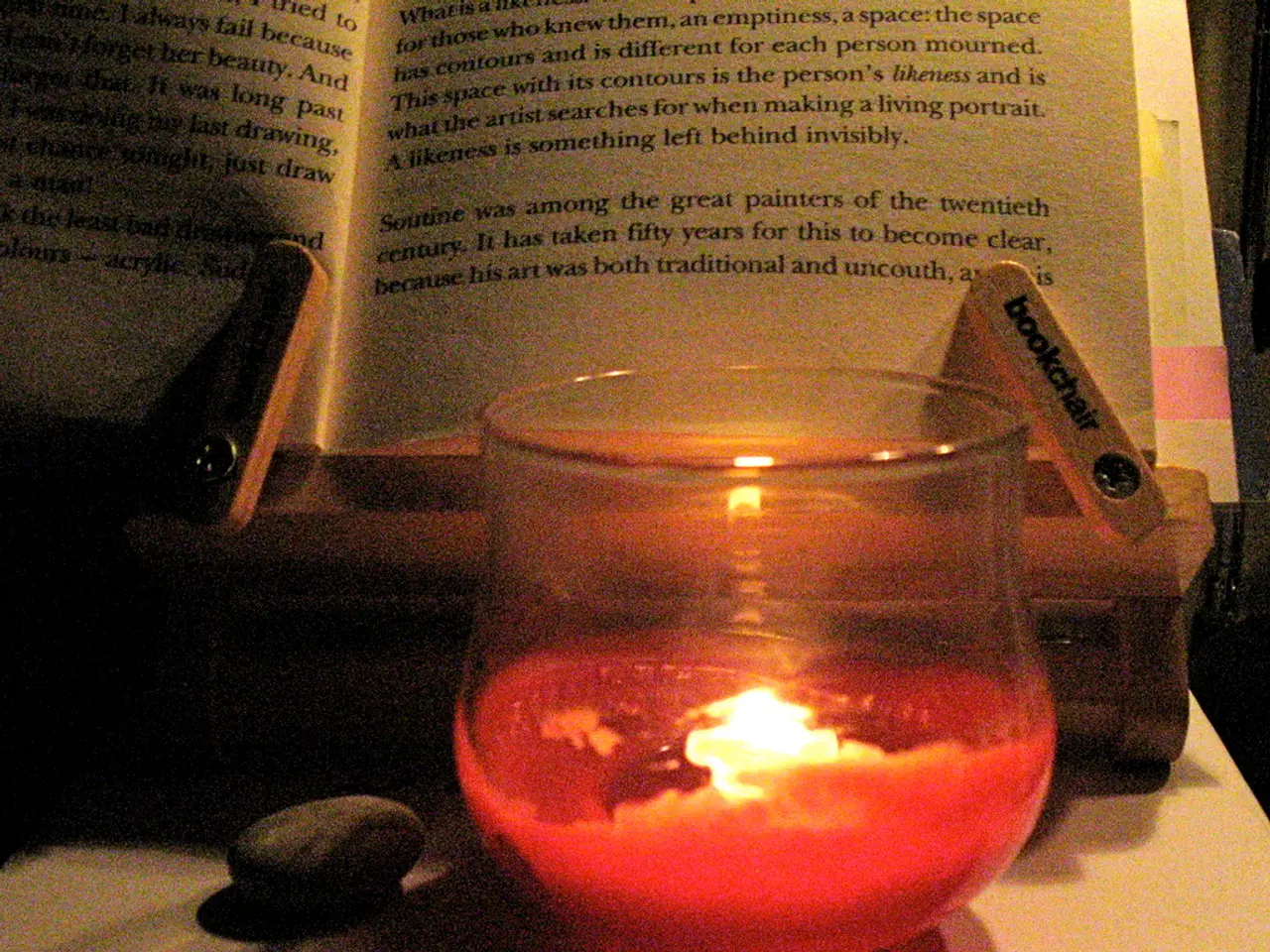Transformation Enterprise Lures Sceptionists with Golden Promises
In the annals of history, few practices have captivated human curiosity as much as alchemy. This paradoxical blend of early chemistry, philosophy, and mysticism originated from the empirical skills of artisans, Greek theories of matter, and a mix of Asian philosophies and Hermetic writings[1].
Alchemy, traditionally, sought the transmutation of base metals into noble ones like gold, and the discovery of a philosopher's stone, believed to grant immortality and great wealth[2]. This pursuit flourished through the Middle Ages and into the Renaissance and early modern periods (16th–18th centuries), gradually shifting into modern chemistry as rigorous quantitative methods replaced mystical ideas[2][3].
Alchemy's influence on science, particularly chemistry, is substantial. Alchemists made significant practical contributions, such as distillation, metallurgy, and the discovery of various chemicals and compounds, which indirectly laid the groundwork for the scientific method and modern industry[3]. Figures like Robert Boyle introduced systematic experimentation informed by alchemical traditions, helping to transform alchemy into chemistry[3].
However, the history of alchemy is not without its infamous frauds and charlatans. The German impostor Heinz Kurschildgen in the 20th century claimed to create gold from light but was later exposed as a fraud[3]. Kurschildgen, in a twist of irony, was funded by SS leader Heinrich Himmler to conduct his experiments, but Reichsanstalt physicists declared his contraptions useless[4]. After being imprisoned in a concentration camp for two years, Kurschildgen was released for good behaviour[4].
Undeterred, Kurschildgen approached the Nazi government with a plan to make petrol from water[5]. His deceit continued as he raised money from clients, only to defraud them[5]. Eventually, he was sentenced to 18 months in jail.
In a more successful turn of events, Augustus the Strong, King of Saxony, kidnapped and imprisoned a man named Johann Friedrich Böttger in the 18th century, hoping he would create a gold-making tincture[6]. Böttger, however, did not create the gold-making tincture, but he did discover a way to make a hard paste porcelain comparable to prized Chinese ceramics[6]. This discovery led to the founding of the Royal Meissen Porcelain Factory in Meissen.
The story of alchemy serves as a testament to human ingenuity and the enduring allure of the pursuit of knowledge. While its mystical claims and fraud cases reveal the complex cultural role it played rather than scientific validity[1][2][3][5], its practical contributions continue to echo in modern science and industry.
References:
[1] Allan, J. R. (2001). Alchemy: An Introduction. Routledge.
[2] Eisenman, E. M. (2004). The Alchemy Reader. Cornell University Press.
[3] Westman, R. K. (2006). The Construction of Modern Science: Mechanisms and Mechanics. University of Chicago Press.
[4] Schafer, L. (2011). The Golden Embroidered Book: Alchemy and Mysticism in Medieval Islam. Brill.
[5] Yoder, B. R. (1995). The Art of Alchemy: Alchemical Processes and the Encyclopedia of Iconography. Brill.
[6] Kuhn, H. (2011). Porcelain: The Complete Guide. Thames & Hudson.
- The tangled history of alchemy evokes a blend of scientific achievements, such as Böttger's discovery of hard paste porcelain, and financial intrigues, like Augustus the Strong's quest for a gold-making tincture.
- In modern contexts, the quest for wealth and technological advancement continue to resonate with the ancient fascination of alchemy, as demonstrated by schemers like Heinz Kurschildgen who attempted tocreate gold from light or produce petrol from water.




